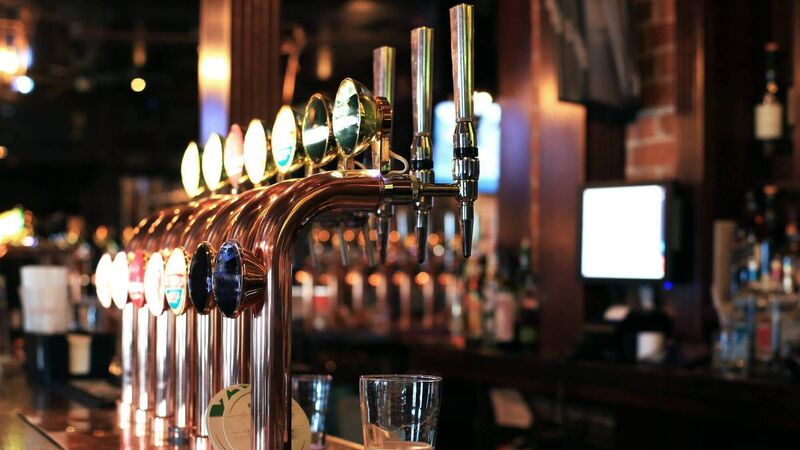Hospitality sector says Ireland's high tax on alcohol threatens recovery

DIGI said Ireland is among a group of outlier countries that includes Finland, Sweden and the UK that charge high levels of excise tax on drinks products relative to the rest of Europe.
Ireland's drinks industry is demanding a 7.5% reduction in excise tax on alcohol saying they are 'deeply concerned' about the recovery of the hospitality sector.
The Drinks Industry Group of Ireland (DIGI) published a new report today which shows that Ireland has the second-highest overall excise tax on drinks products in Europe, as well as the highest excise tax on wine, the second-highest on beer and the third-highest on spirits.











